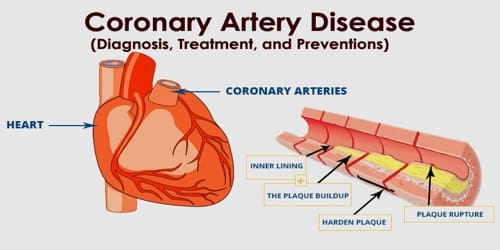In response to nations mulling sanctions on Russian oil imports, Russia has threatened to shut down a key gas pipeline to Europe. This might raise costs owing to a global supply shortage, affecting even nations like the United Kingdom that don’t consume much Russian gas. Prices are already sky-high, putting a strain on people’s budgets. From April 2022, the UK energy regulator, Ofgem, will raise the price ceiling by £693 (US$911), raising gas costs for 22 million users. This will have an especially negative impact on individuals who are currently living in fuel poverty.
This isn’t the first time Russia has exploited the supply of gas as a political tool. When supply contract discussions fell down in 2009, the nation stopped deliveries to Ukraine. Ukraine replied by refusing to ship Russian gas to Europe, resulting in some families receiving no gas at all. Natural gas market trading prices increased as a result of the crisis. Russia was assumed to be so reliant on the cash provided by European gas sales that it would be unlikely to use it against Europe. However, UK energy authorities later stated that a gas supply disruption from Russia would result in a decrease in the pool of gas available on the market, thus raising gas prices.
The International Energy Agency has recommended lowering thermostats to save gas during the present crisis. It stated that reducing the temperature by only 1°C would cut gas consumption by 10 billion cubic metres per year, or around 7% of Europe’s annual Russian imports. So, can energy users make a genuine difference?
IN A RUSH TO SAVE ENERGY, Consumers have demonstrated their ability to lower their energy use quickly in reaction to a crisis, a phenomenon known as “energy saving in a hurry.” The majority of these programs are voluntary and promoted through public awareness efforts. Rationing, technology replacement (installing low-energy lights), and financial measures are sometimes utilized as well (such as making energy use over a certain amount much more expensive to discourage consumption). These solutions are frequently inexpensive, have a lower economic impact than blackouts, and are successful.
In my research, I looked at whether energy conservation in a hurry may be utilized to cut gas consumption in a crisis like the one we’re in now. I polled London residents to find out what energy-saving measures they would be ready to adopt in the event of a catastrophic gas shortage. Based on their comments, I predicted that home energy demand would decrease by 23%, owing to the use of gas for both domestic heating and cooking, as well as the gas utilized in power plants to generate electricity.
Turning off radiators in unoccupied rooms, lowering the thermostat by 1°C, and drawing curtains to keep the heat in were the most efficient measures. Turning off lights was slightly beneficial, but disconnecting gadgets such as phone chargers or turning off equipment such as TVs on standby at night had little effect. Gas can also help you save money on your energy costs if you use it more effectively. Shutterstock/Rainer Fuhrmann, There are historical examples of energy conservation in a hurry. During WWII, posters in the United States and the United Kingdom exhorted civilians to save fuel such as gasoline and coal.
More recent occurrences have arisen as a result of power outages. When an avalanche destroyed a major electrical power line in Juneau, Alaska, in 2008, the municipality created “Juneau Unplugged,” a campaign encouraging residents to save energy. In just a few weeks, demand plummeted by 40%, with the first week accounting for the majority of the reduction.
To alleviate the electricity shortfall caused by the Fukushima tragedy, Japanese customers lowered power use by 12% in the summer of 2011. In March 2016, a drought in Colombia jeopardized the country’s hydroelectric power generation, which accounts for 70% of its total capacity. A six-week advertising campaign, along with hefty charges for those who consume more energy, resulted in a 4.5 percent reduction in energy usage.















